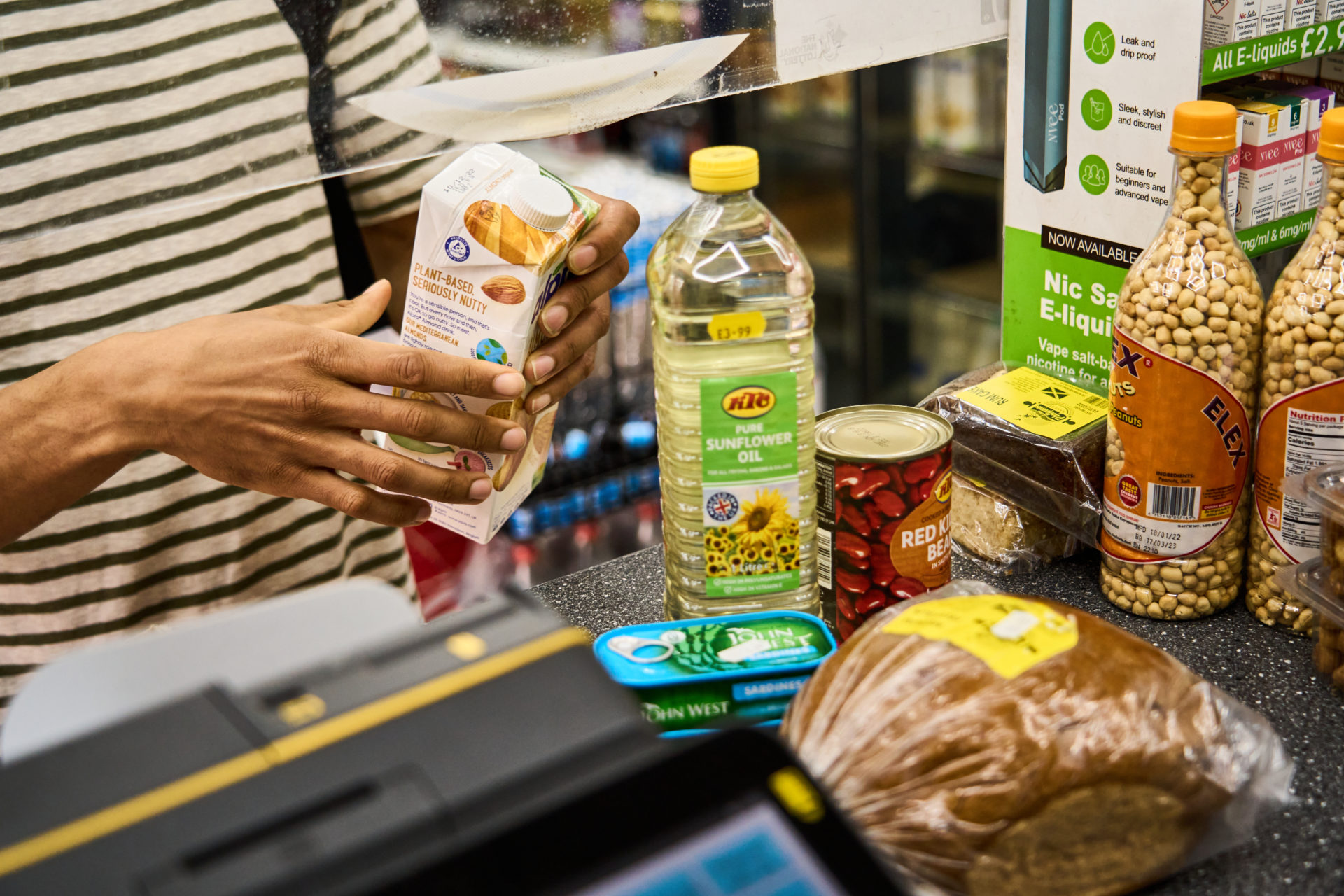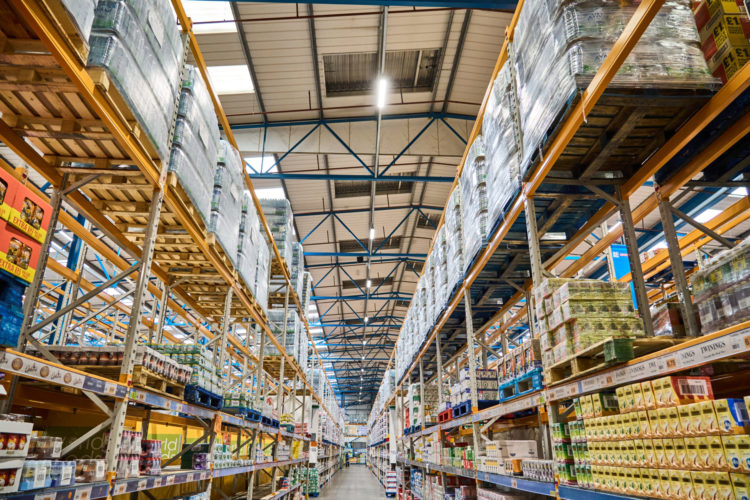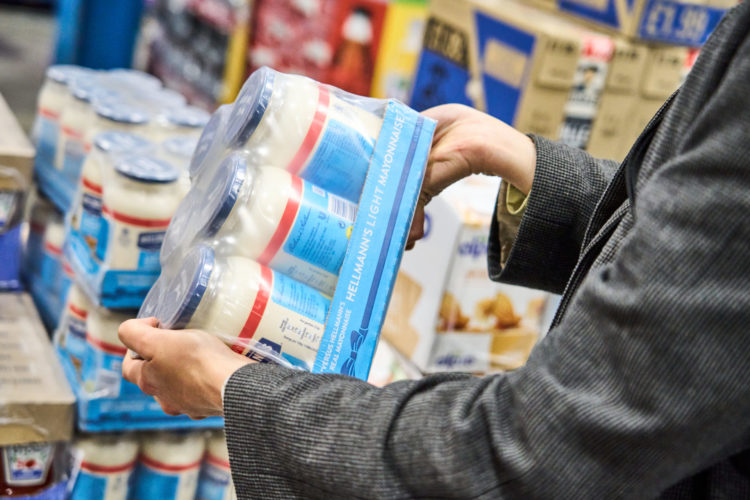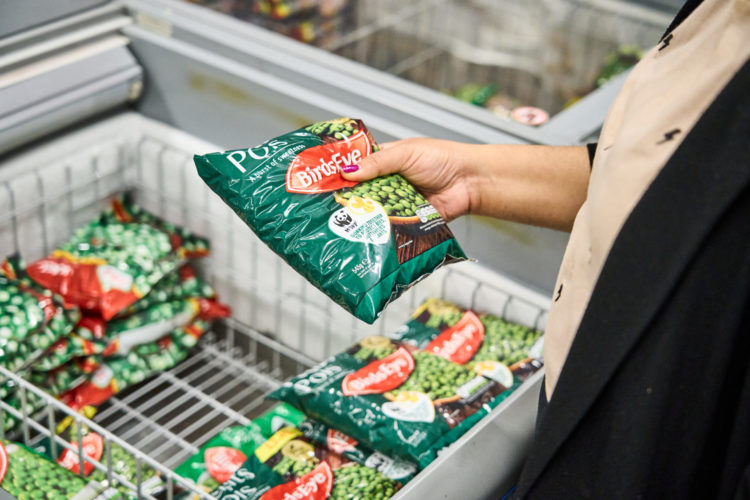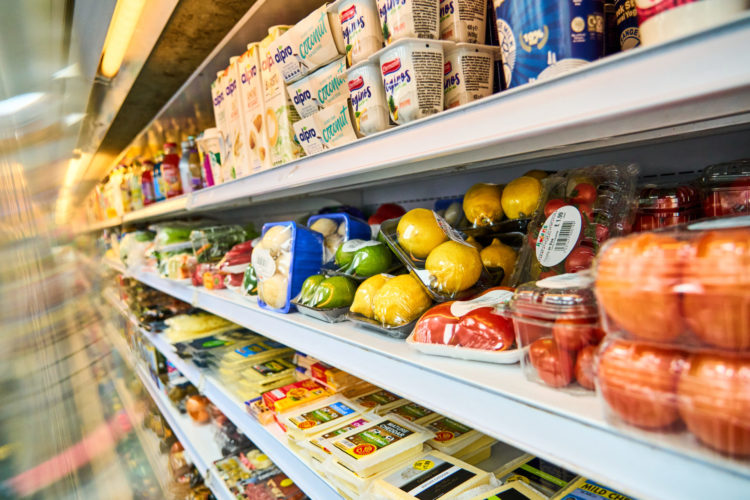Children's health and food • Good Food Programme
A young person’s perspective: James Kelly, Bite Back 2030 Youth Board Alum
James Kelly, Bite Back 2030 Youth Board Alum shares his perspective on the food industry
< Back to the Good Food Programme learnings page
“I got involved with Bite Back 2030 (a campaigning charity that believes young people can drive change in our food system) because I could see the impact access to unhealthy food was having on my local community. I wanted to do something about it. At school we were looking at census data and I couldn’t believe how high obesity levels were where I lived in Liverpool (50%) compared to other parts of the UK. It was that inequality that got me interested in the food system.
“As a student in Manchester, there is decent food available from independent vendors around campus, but it becomes easy to choose healthier food as the essential item to cut back on. When you’re living on a budget and there is a flood of junk food promotions, you realise all the best deals are for unhealthy food. You’re constantly bombarded by adverts and promotions for Dominos, Uber Eats, Just Eat.
Students are big business for big brands. You sign up to mailing lists when you get to uni and your data is passed on, from there students are overloaded with cheap student deals.
“Our Freshers’ Fair was dominated by unhealthy brands. There were 50% off vouchers for pizza and chocolate bar giveaways. It was all fast food, cheap and unhealthy, apart from one stall giving out free cereal bars. Afterwards we all ended up in Dominos – not the independent food hall with healthier options – because we had vouchers.
“At the minute, the food we eat comes down to necessity and cost, and not just for students. I’ve seen friends from home skipping meals because of the cost-of-living crisis. You can’t skip paying for gas and electricity, so you cut back on food first.
“Most of my peers think the food they eat isn’t a main part of their life. They eat whatever school gives them, or choose whatever brand targets them, rather than thinking, ‘is this good for me?’ Now I’m much more aware of what brands do for profit, and how they prioritise business over health, I look for healthier alternatives when I can.
“Big business should promote health before profit. They should ask themselves ‘Do we really need to advertise in places where young people are – on the way home from school, at the football, on bus tickets, in our inboxes?’ They need to step back and think about how their decisions affect people’s day-to-day lives.
“To the government, I’d say you need to come up with policies which address the food system and change the way businesses operate, rather than putting the onus on the individual. We’ve seen the positive impact of the sugar tax but most food policy over the last 10 years has been about getting people to change their behaviour. What surrounds us shapes us, so big food businesses have a massive role to play in putting healthy, affordable options in the spotlight.
Government also needs to give young people a say. The food system affects every part of our lives, but we don’t have a voice on policy. Policymakers and businesses need to work together and really listen to young people to make positive changes to the food system.”
Key takeaways:
- Young people are flooded with promotions and advertising for unhealthy food, which makes selecting healthier options all the more difficult in the midst of a cost of living crisis.
- Businesses should promote health before profit and the government should deliver policies that incentivise this behaviour. Both business and government should listen to young people to make a positive change.
More case studies from the Good Food Programme
Children's health and food • Good Food Programme
Children's health and food • Good Food Programme
An investor’s perspective – Matt Truman, co-founder and chair of True
Children's health and food • Good Food Programme
A policymaker’s perspective – Kate Pugh, Senior Policy Adviser at Defra
Children's health and food • Good Food Programme
